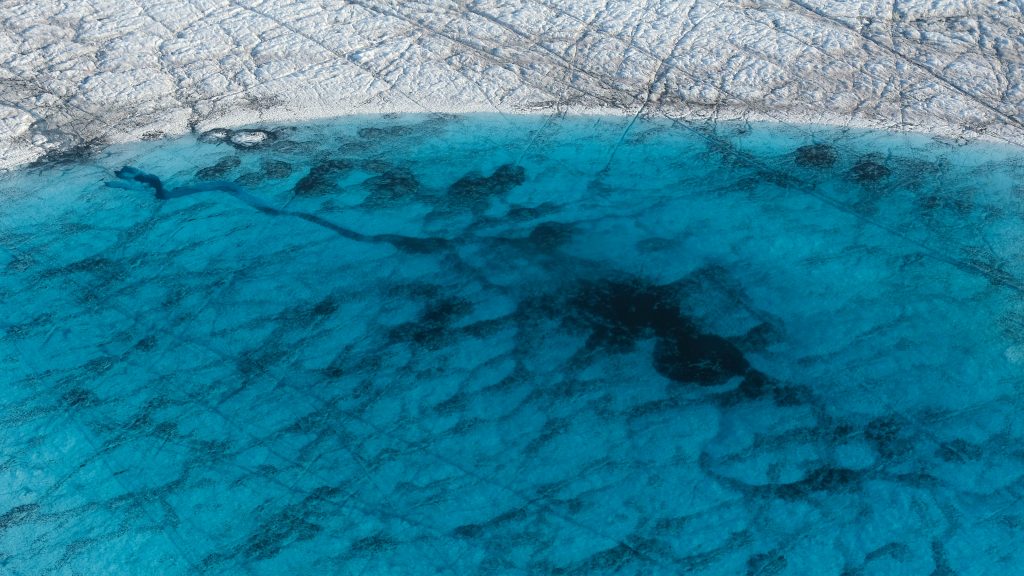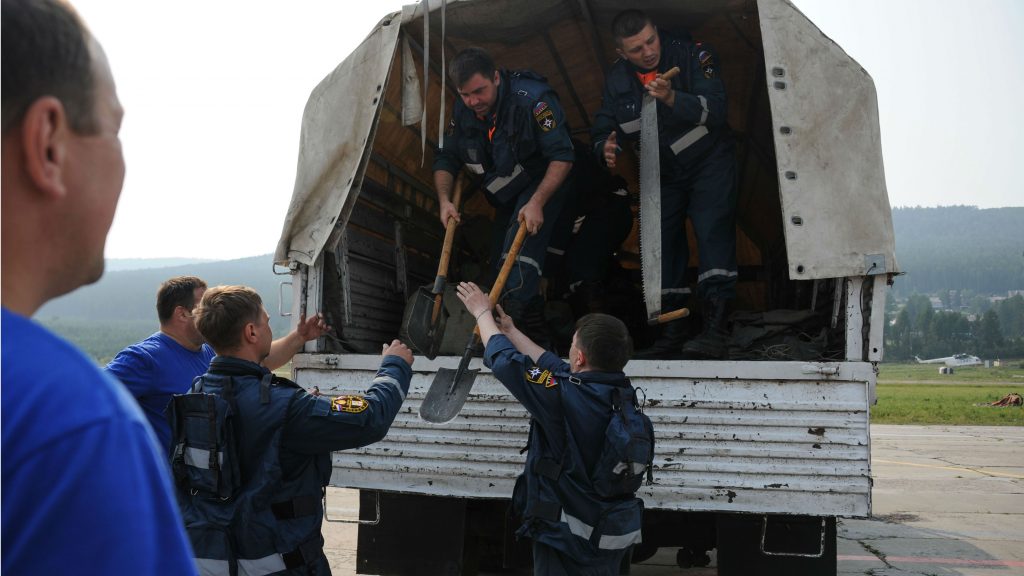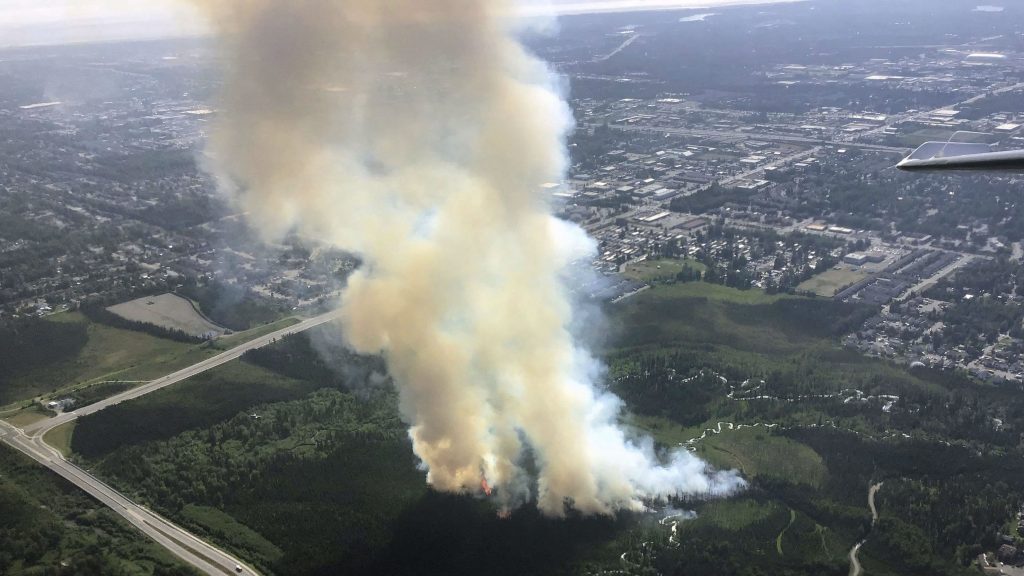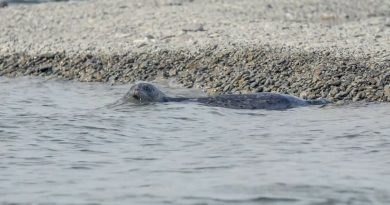July may surpass hottest month in recorded history says World Meteorological Organization

July at least equalled, and may even have surpassed, being the hottest month in recorded history, says the World Meteorological Organization (WMO).
July 2019 will be around 1.2°C warmer than the pre-industrial era, said the WMO in a news release, citing the most recent data from the World Meteorological Organization and Copernicus Climate Change Programme, part of the European Union’s Earth Observation Programme.
“All of this means that we are on track for the period from 2015 to 2019 to be the five hottest years on record,” said UN Secretary-General António Guterres, at a news conference on Thursday.
“This year alone, we have seen temperature records shattered from New Delhi to Anchorage, from Paris to Santiago, from Adelaide and to the Arctic Circle. If we do not take action on climate change now, these extreme weather events are just the tip of the iceberg. And, indeed, the iceberg is also rapidly melting.”
June 2019 was also the hottest June on record, the organization said.
Effects felt worldwide
The effects of the heatwave have been felt across the Arctic from Greenland to wildfire zones in Alaska and Russia.

“July has re-written climate history, with dozens of new temperature records at local, national and global level,” said Petteri Taalas, secretary-general of the WMO in a news release.
“The extraordinary heat was accompanied by dramatic ice melt in Greenland, in the Arctic and on European glaciers. Unprecedented wildfires raged in the Arctic for the second consecutive month, devastating once pristine forests which used to absorb carbon dioxide and instead turning them into fiery sources of greenhouse gases. This is not science fiction. It is the reality of climate change. It is happening now and it will worsen in the future without urgent climate action.

“WMO expects that 2019 will be in the five top warmest years on record, and that 2015-2019 will be the warmest of any equivalent five-year period on record. Time is running out to reign in dangerous temperature increases with multiple impacts on our planet.”
In Canada, Canadian Forces Station Alert hit a record of 21 degrees Celsius on July 14, making headlines across the country for being hotter than even the city of Victoria in southern Canada.
Write to Eilís Quinn at eilis.quinn(at)cbc.ca
Related stories from around the North:
Canada: 2019 Arctic wildfire season ‘unprecedented’ say experts, Eye on the Actic
Finland: Reindeer struggling to stay cool as unusual heat hits northern Finland, Yle News
Greenland: Tall ice cliffs are slumping and may trigger rapid sea-level rise, study finds, CBC News
Iceland: Iceland glacier lost to climate change to get memorial ceremony this month, Eye on the Arctic
Norway: Arctic summer 2019: record heat, dramatic ice loss and raging wildfires, The Independent Barents Observer
Russia: Nearly 3,000 people, 50 aircraft mobilized to fight wildfires in Russia, Eye on the Arctic
United States: Wildfire smoke brings more respiratory complaints in Anchorage, Alaska, Alaska Public Media



